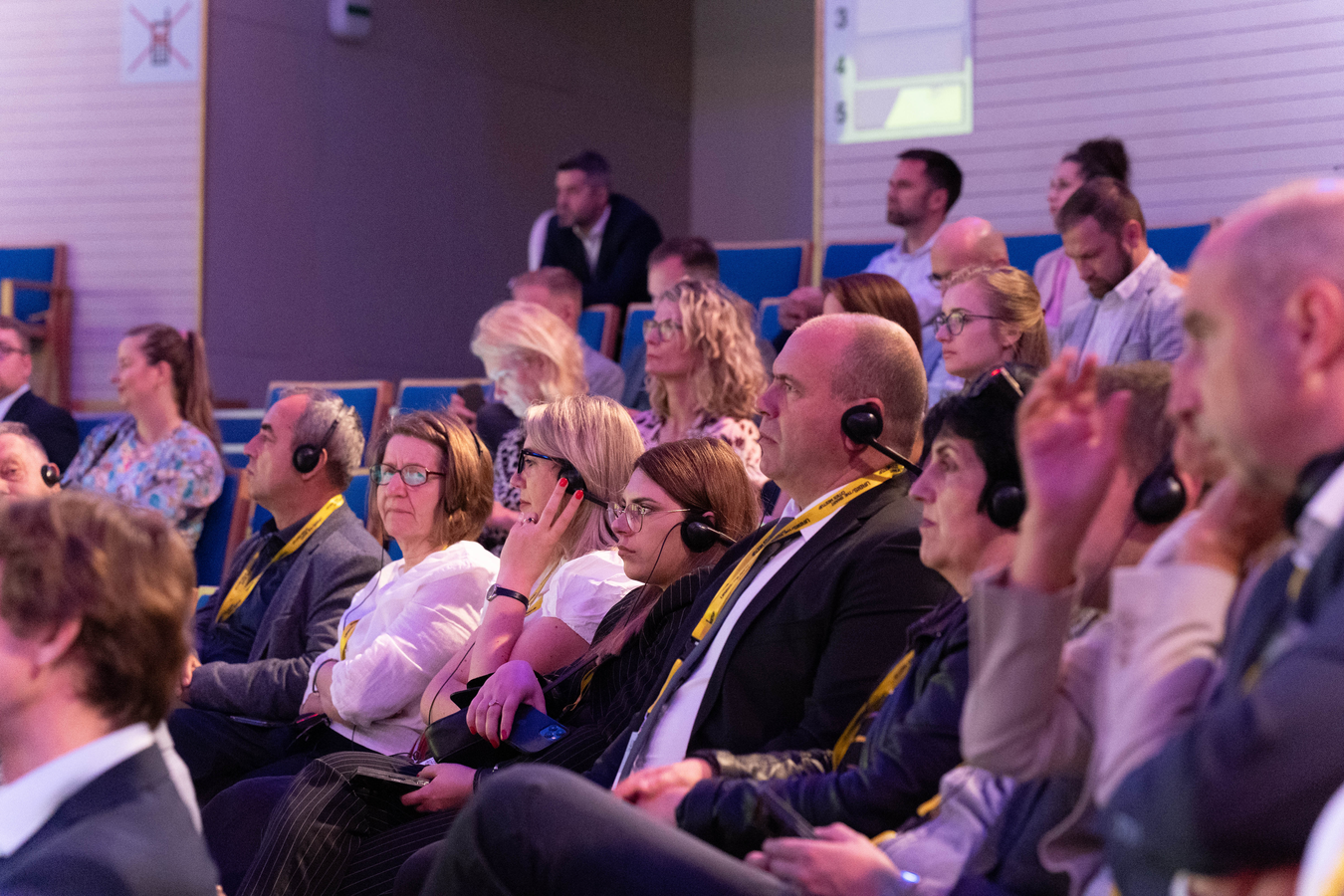Energy and climate – the changes need to be responded to
June 4, 2024 / 4:55 PM
Zdeněk Žalud, professor and head of the Institute of Agrosystems and Bioclimatology at Mendel University in Brno, devoted the opening lecture of the whole session to the issue of climate change, which is undeniable.
Average temperatures have risen from 6.7 °C between 1800 and 1960 to 8.7 °C between 2000 and 2023, but at the same time the amount of precipitation has not increased. Their composition, however, is different, with less garden rain, or rainfall up to 3 mm, and more torrential rain. The number of days with snow cover, which is important for drinking water extraction, is also decreasing.
The common denominator of all these changes is humans and their activities. And what are the conclusions? The impacts of climate change are extremes, droughts and floods, and heat stress is increasing in cities. "It is therefore necessary to respond, both by mitigation and adaptation," Zdeněk Žalud concluded his lecture.
In the subsequent panel discussion, hosted by Jaroslav Mašek, editor-in-chief of the Hospodářské noviny newspaper, besides the already introduced Professor Žalud, took the floor also Petr Hladík, Minister of the Environment, David Martinek, Public Affairs Manager of ČEZ ESCO and Michal Svoboda, co-founder and manager of the OBEC 2030 project.
And what kind of participation should improve energy and climate in cities?
"What is unambiguous and what everyone can do are savings, from heating regulation to more complex changes such as heating replacements, window replacements to complex projects. We can't do anything wrong by that," said Michal Svoboda.
According to David Martinek, also energy savings and low-energy buildings are in the game. "In the near future, we will be facing a change in the building segment, we have to prepare suitable solutions, including innovations, we have to prepare mentally, financially and legislatively," added David Martínek.
According to Zdeněk Žalud, changes are also to be expected concerning the control, maintenance and planting of greenery.
In conclusion, Minister Petr Hladík said, "I would use both mitigation and adaptation. The future is in the combining banking and public funding; we must come up very soon, with a whole range of these solutions, so that we increase the amount of innovation. It already makes no sense at all to construct buildings that have any kind of energy consumption. I also agree that it is important to plant green spaces within the inner cities and towns. Landscape features and water are also important."
